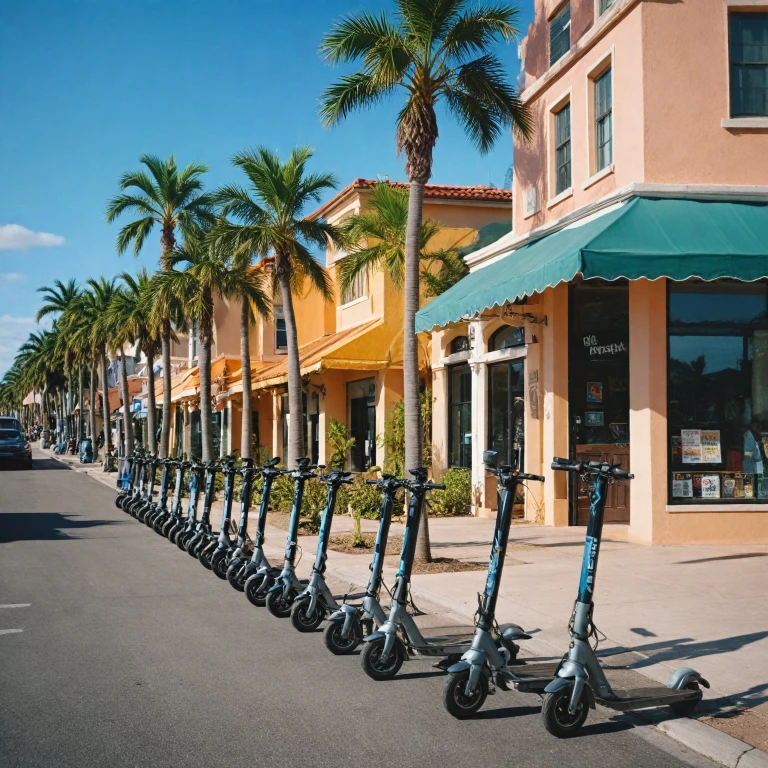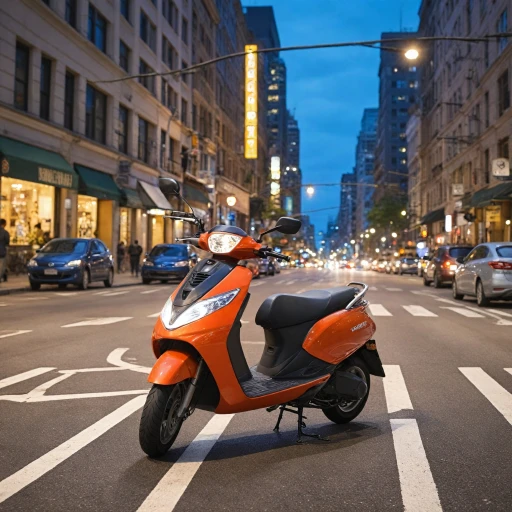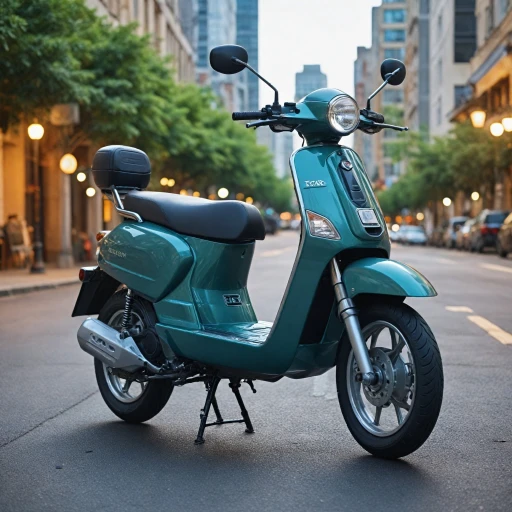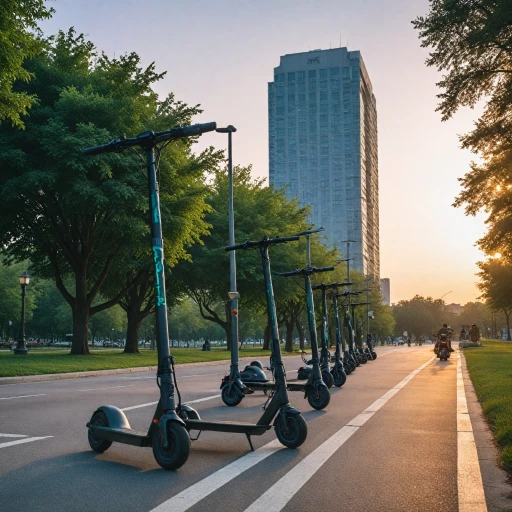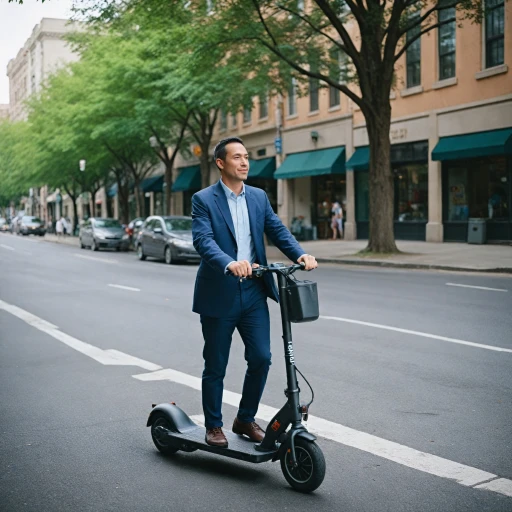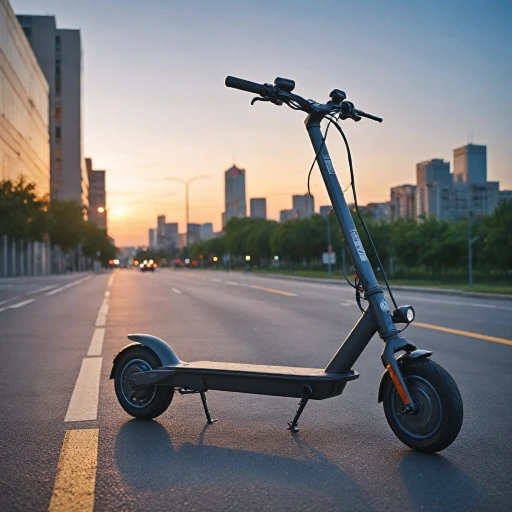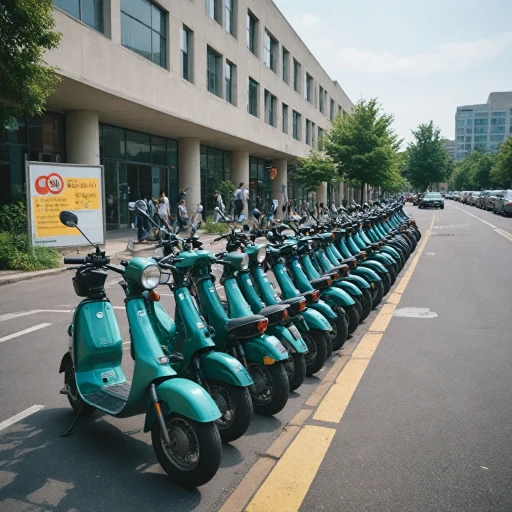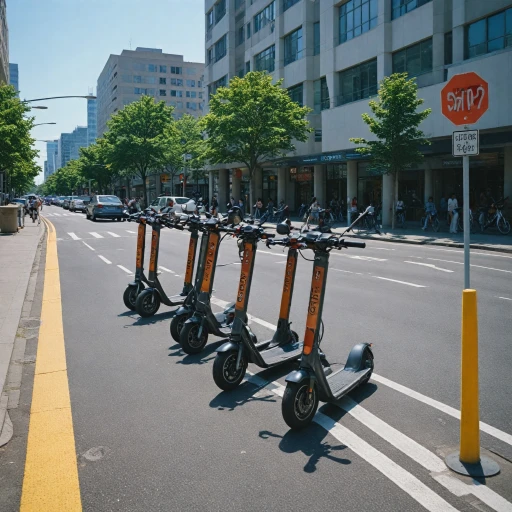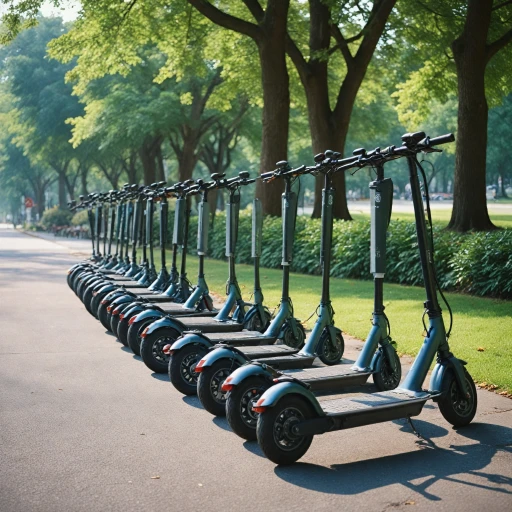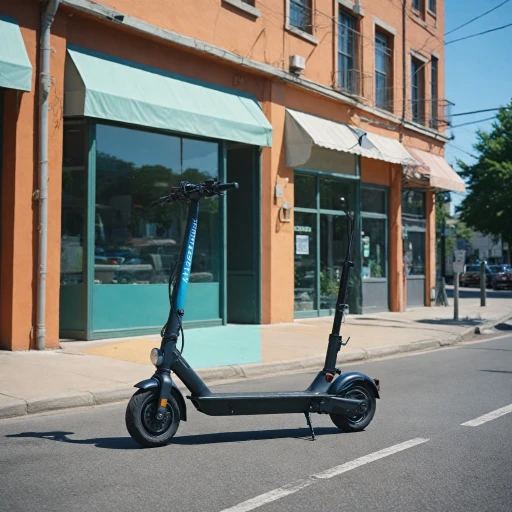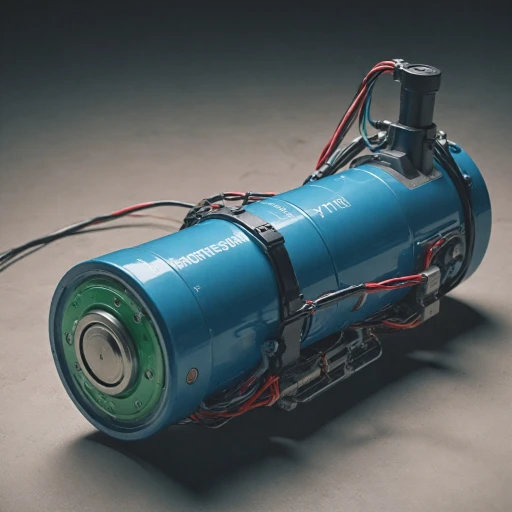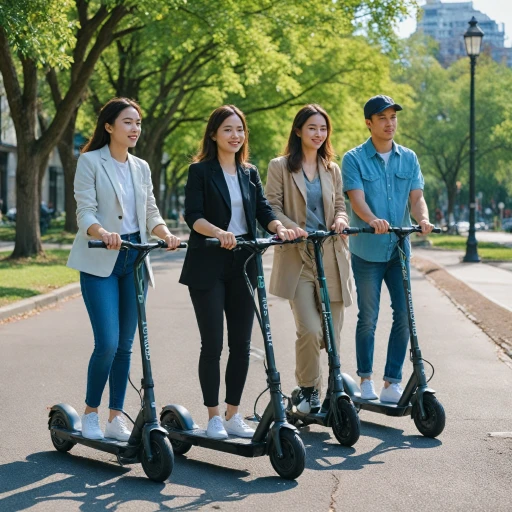
Overview of Electric Scooter Laws in Florida
Exploring Regulations Surrounding Electric Scooters
In Florida, navigating the legal terrain of electric scooters can seem daunting. It's essential for residents and visitors to comprehend the fundamental scooter laws that govern these popular modes of transport. Electric scooters, much like mopeds and motorcycles, fall under specific Florida statutes that dictate their use on public roads. Perhaps one of the key aspects of understanding these laws centers around what distinguishes electric scooters from other motorized vehicles like mopeds and motor scooters. According to Florida law, a motorized vehicle, such as an electric scooter, is defined by the presence of a motor, despite having a similar structure to bicycles. Electric scooters are legally permitted to operate under specific conditions. Florida laws require that scooter riders adhere to regulations similar to those applied to bicycles. This means riders are required to follow traffic signals and signs and practice safe riding practices to prevent accidents and injuries. For individuals considering the use of electric scooters in Florida, it's crucial to be well-versed in these regulations. Knowledge of the foundational laws ensures safety compliance and aids in minimizing the risk of any potential legal issues.For a deeper understanding of the legalities involved, especially if considering the transition to exploring public roadways, visiting comprehensive guides on the subject can be enlightening. One such resource, examining the legalities of electric scooters on public roads, offers valuable insights into the application of these laws in practical scenarios. Understanding these nuances forms the groundwork for ensuring that the rise in popularity of motorized scooters aligns with public safety and law compliance, making Florida's roads safer for all vehicle operators.
Registration and Licensing Requirements
Understanding Registration and Licensing for Electric Scooters in Florida
Navigating the regulatory landscape for electric scooters in Florida requires understanding specific registration and licensing requirements. Under Florida law, electric scooters are recognized as motor vehicles. Therefore, certain legal obligations apply to ensure safety and compliance.- Vehicle Registration: Unlike traditional scooters or mopeds, electric scooters in Florida do not require vehicle registration. This is primarily due to their classification under the state’s revised motorized scooter laws.
- Driver Licensing: To legally operate an electric scooter on public roads, riders must possess a valid driver license. This requirement is crucial as it aligns with Florida's commitment to ensuring scooter riders understand and adhere to traffic rules.
- Moped and Motor Scooter Distinction: It’s important to distinguish between electric scooters, mopeds, and motor scooters. While mopeds and motor scooters might require registration and distinct licensing due to higher speed capabilities or motor specifications, electric scooters remain exempt given their typically lower operational speed, usually not exceeding 20 miles per hour.
Safety Measures and Equipment
Ensuring Safe Rides with Proper Safety Measures and Equipment
The safety of riders and pedestrians is a significant concern when it comes to electric scooters in Florida. Both individual users and scooter rental companies must adhere to certain safety measures to minimize the risk of accidents and injuries. Here are some key points to remember:- Helmets: While Florida law doesn’t mandate helmets for scooter riders over the age of 16, it’s strongly recommended. Helmets can significantly reduce the risk of head injuries in case of a crash.
- Lights and Reflectors: To enhance visibility, riders should ensure that motorized scooters are equipped with a white front light that can illuminate 500 feet ahead and a red rear reflector or light visible from 600 feet away.
- Brakes: Functional brakes are a must for any scooter or moped used on public roads. Routine checks are necessary to confirm that they are in good working condition.
- Maximum Speed: Florida scooters, including mopeds, are typically not allowed to exceed 30 miles per hour. Staying within this speed not only aligns with the legal requirement but also enhances the rider's control over the motor vehicle.
- Rider Knowledge and Compliance: Riders should familiarize themselves with existing laws to avoid potential legal issues. It's crucial to understand how to navigate traffic safely and to be aware of pedestrian zones where scooter travel might be restricted.
Areas of Operation
Designated Riding Areas and Zones
Understanding where you can legally operate an electric scooter in Florida is crucial for abiding by the state's requirements. Electric scooters, like mopeds and other motorized vehicles, are not permitted everywhere. Florida statutes outline specific areas where scooter riders must adhere to certain rules, which aim to ensure the safety of both the operator and the public. Riders are mainly required to navigate roads with specific speed limits. For instance, electric scooters are often allowed on roads where the speed limit does not exceed certain miles per hour. This ensures that riders can maintain control and avoid accidents similar to those involving motorcycles or other motor vehicles. In many cases, Florida law permits scooters on sidewalks and certain bike lanes. However, the operation of motor scooters on sidewalks is generally restricted unless local laws specifically allow such use. Each city or municipality may have its own scooter laws or ordinances affecting where you can ride. Therefore, users should always verify the local restrictions in their area to ensure compliance.Restrictions and Opportunities for Scooter Riders
Many city centers or business districts might restrict scooters to prevent congestion and potential collisions similar to a motorcycle accident. Conversely, some areas might offer dedicated lanes to enhance the safety of electric vehicle users. In Florida, scooter-enhanced areas are becoming increasingly popular, adapting to the rise of mobility solutions. Make sure to stay informed on the latest changes to state laws and take advantage of opportunities that safer, designated lanes present. Failing to adhere to these regulations can lead to penalties or potentially legal issues, including fines or citations. In summary, operating your electric scooter within the legal framework in Florida not only minimizes the risk of personal injury but also contributes to a safer, more orderly shared public space. Riders should stay aware of these guidelines and ensure that they are familiar with both state and local regulations.Penalties for Non-Compliance
Consequences for Disregarding Scooter Regulations
Failure to abide by Florida's electric scooter laws can lead to significant consequences, which are put in place to ensure the safety of all road users and scooter riders. Understanding these penalties can help prevent unnecessary legal and financial troubles.- Fines and Fees: Violations of scooter laws in Florida can result in monetary fines. For instance, riding without the necessary safety equipment or in prohibited areas could lead to tickets and fines, impacting your overall cost of scooter operation.
- License Points: More serious offenses, such as reckless scooter operation that could resemble moped or motorcycle operation without a proper driver license, may result in points on your driving record. Accumulating points can affect your ability to maintain a clean driving record and may increase your insurance premiums.
- Legal Repercussions: In cases where negligence results in a scooter accident causing personal injury, the scooter rider may face legal action. The involved parties often seek legal recourse, and personal injury claims can arise, especially if it is proven that there has been non-compliance with safety regulations and state laws.
- Vehicle Impound: Motor vehicle codes in Florida may also allow authorities to impound electric scooters if riders are found blatantly disregarding laws or posing a danger to others and themselves.
Recent Changes and Future Trends
Recent Developments in Florida's Electric Scooter Regulations
Florida's electric scooter landscape is continuously evolving, reflecting the state's efforts to keep pace with the growing popularity of these motorized vehicles. Recent changes in scooter laws have aimed to enhance safety and clarify operational guidelines for scooter riders. Understanding these updates is crucial for anyone using or considering using electric scooters in Florida.
Notable Changes in Legal Framework
The state has introduced several modifications to existing scooter laws to better integrate these vehicles into urban traffic systems. One significant update is the reclassification of electric scooters, which now distinguishes them more clearly from mopeds and motorcycles. This distinction affects how scooters are regulated under Florida law, influencing areas such as speed limits and operational zones.
Focus on Safety and Compliance
Florida has also placed a stronger emphasis on safety measures. New regulations require riders to adhere to stricter safety standards, including wearing helmets for certain age groups and using lights and reflectors during nighttime operation. These measures aim to reduce the risk of scooter accidents and personal injury, a concern highlighted by the increasing number of scooter-related incidents.
Future Trends in Scooter Regulation
Looking ahead, Florida is expected to continue refining its scooter laws to address emerging challenges and technologies. This may include further adjustments to licensing requirements and the development of more comprehensive safety protocols. As electric scooters become a more common sight on public roads, the state's regulatory framework will likely evolve to ensure both rider safety and public convenience.
For those navigating the complexities of scooter regulations, staying informed about these changes is essential. Understanding the current legal landscape can help prevent penalties for non-compliance and ensure a safer riding experience.

